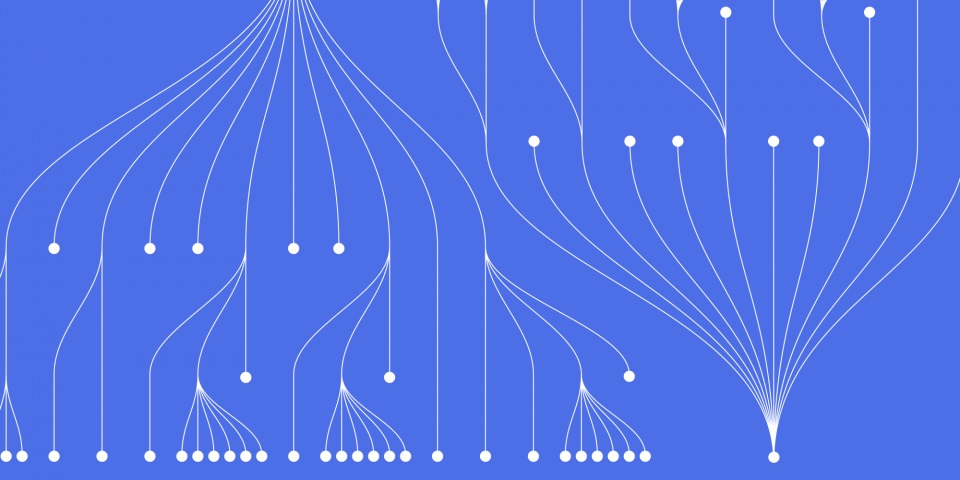
10 January 2018
As a beginner to programming, it is difficult enough to choose a language to learn. However this difficulty is extended when choosing to learn Python due to the split between the more commonly used Python 2.7, and the future direction of the language embodied by Python 3.3. While both versions are relatively similar with only subtle differences in the syntax, the biggest of which is the print statement, the main factor to consider will be compatibility of each version with different frameworks. Before beginning your Python training, it is essential that you weigh the pros and cons of each version and decide which will best suit your needs.
Python 2.7:
Learning Python 2.7 as a beginner offers many benefits, the main of which is the far greater amount of helpful documentation. This documentation makes a huge difference to those learning a new language, as good examples and detailed explanations will allow beginners to grasp the syntax and concepts within the language at a faster pace. Another benefit would be the support for third party libraries, which extends the capabilities of users as they gain tools that may not have already been provided by Python’s built-in libraries. The final bonus is that all major frameworks still run on Python 2, and will continue to do so for a significant time. It is unknown when or if these frameworks will ever move to Python 3.3.
Python 3.3:
At the moment, Python 3.3 is the main focus of the future. This means that all new features are being implemented into the successive versions of 3.X as opposed to 2.X. As a result, in several years time the successor of Python 3.3 will be a far more powerful version than 2.7, and therefore far more commonly used. Furthermore, despite the limited third-party module support, Python 3.3 has a far more consistent syntax than 2.7, making it easier to both understand and write code.
Conclusion:
Even with knowledge of the pros and cons of Python 2.7 and 3.3, the decision of which version to learn in a Python course can still be challenging to make. Before you make your decision and jump into your Python training, it is important to consider what you aim to achieve from learning Python in the long term. If you aim to use your Python knowledge for web development, then you should choose Python 2.7 due to the compatibility with frameworks. If you aim to use your Python knowledge for software development opportunities, it may be better to use Python 3.3 because of the new features and consistency of the language. At the end of the day, you must choose a Python course that teaches the version which is most relevant to you.
JBI is a long-standing, trusted provider of First Rate Technical Training, focused on Software Developers and IT professionals. They offer a range of Python courses such as a regular Python course, Python for data scientists and a Python (Advanced) course. To find out more about the range of employee training opportunities offered by JBI, visit the JBI website.

CONTACT
+44 (0)20 8446 7555
Copyright © 2025 JBI Training. All Rights Reserved.
JB International Training Ltd - Company Registration Number: 08458005
Registered Address: Wohl Enterprise Hub, 2B Redbourne Avenue, London, N3 2BS
Modern Slavery Statement & Corporate Policies | Terms & Conditions | Contact Us
POPULAR
AI training courses CoPilot training course
Threat modelling training course Python for data analysts training course
Power BI training course Machine Learning training course
Spring Boot Microservices training course Terraform training course